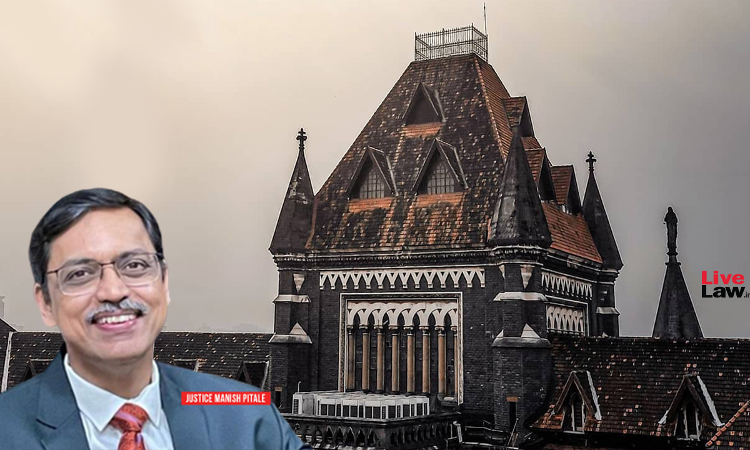Court Can Grant Mandatory Injunction At Interim Stage Under Section 9 Of The A&C Act When Builder Commits Multiple Breaches Eroding Housing Society’s Confidence In It: Bombay High Court
ausaf ayyub
7 Nov 2023 11:00 AM IST

Next Story
7 Nov 2023 11:00 AM IST
